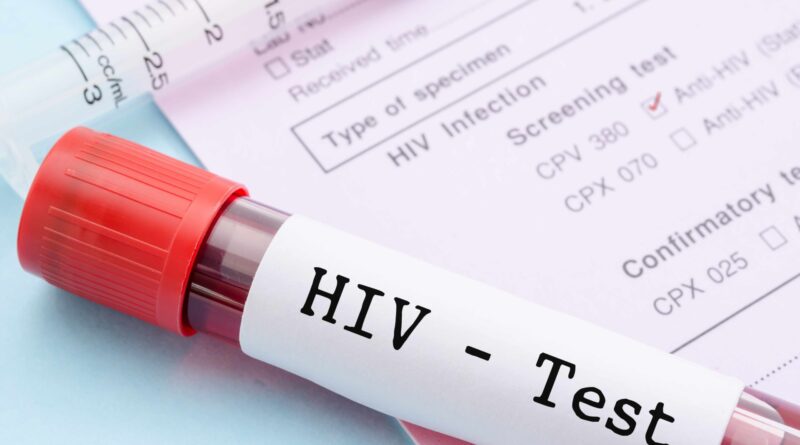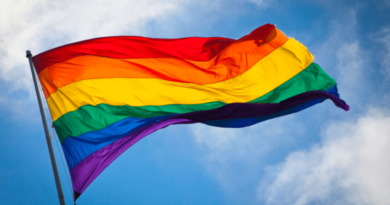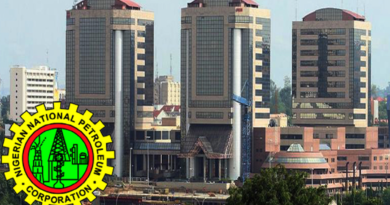Benue HIV Cases Hit 200K, And Second Highest In Nigeria
Benue State is grappling with a deepening HIV epidemic, with over 200,000 residents currently living with the virus, according to the 2024 HIV Spectrum Estimates released by the National Agency for the Control of AIDS (NACA). The report ranks Benue as the second-highest state in Nigeria in terms of HIV burden, trailing only Rivers State, which has 208,767 reported cases.
Akwa Ibom follows closely with 161,597 cases, placing the three states at the centre of Nigeria’s HIV prevalence crisis. Nationwide, more than two million Nigerians are living with HIV, a statistic that underscores the need for sustained prevention, testing, and treatment initiatives.
Other states with high HIV figures include:
- Lagos: 108,649
- Anambra: 100,429
- Federal Capital Territory (FCT): 83,333
- Delta: 68,170
- Imo: 67,944
- Enugu: 61,028
- Edo: 60,095
- Taraba: 58,460
- Abia, Kaduna, and Kano reported 54,655, 54,458, and 53,972 cases, respectively.
Mid-tier numbers came from states like Plateau (51,736), Borno (50,433), Oyo (50,063), Cross River (43,452), Ogun (43,348), and Nasarawa (44,993). Meanwhile, states such as Bayelsa (25,339), Ekiti (18,857), Zamfara (13,253), and Yobe (11,956) reported significantly lower case counts.
NACA also disclosed that 43,683 people died from HIV-related complications in the past year—28,589 adults and 15,094 children (aged 0–14). Currently, 1,753,425 Nigerians living with HIV are aware of their status, and 1,735,808 of them are receiving antiretroviral therapy (ART), including more than 45,000 children.
Of those on treatment, 1,160,256 underwent testing for viral suppression. Encouragingly, 1,112,339 of them were found to have suppressed viral loads, a critical indicator of effective HIV management.
Also Read: Federal Workers in Oyo State Begin Indefinite Strike Today
However, challenges persist—particularly in maternal care. Out of 93,186 pregnant women identified as needing ART to prevent mother-to-child transmission, only 31,095 have received treatment.
Dr Temitope Ilori, NACA’s Director-General, reaffirmed the federal government’s commitment to ensuring uninterrupted HIV care and preempting potential drug shortages. She highlighted that the Federal Executive Council had approved $1.07 billion under the Human Capital Opportunities for Prosperity and Equity Programme, which includes sweeping healthcare reforms.
In addition, ₦4.8 billion has been specifically allocated for HIV treatment, with ₦300 billion designated for the broader health sector in the 2025 national budget.
“These resources are being mobilised to ensure no disruption in care and continued progress in Nigeria’s HIV response,” Dr Ilori stated.
Content Credit: Agbetan Bisola
Image Credit: medtour.help




